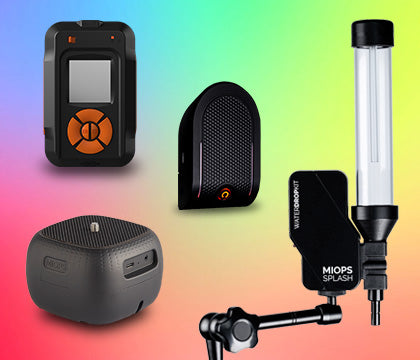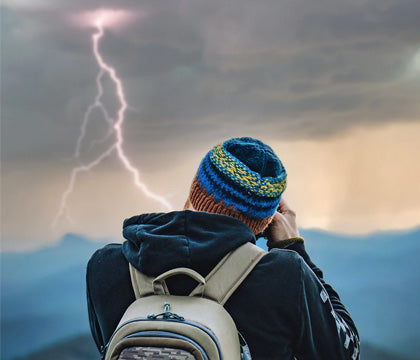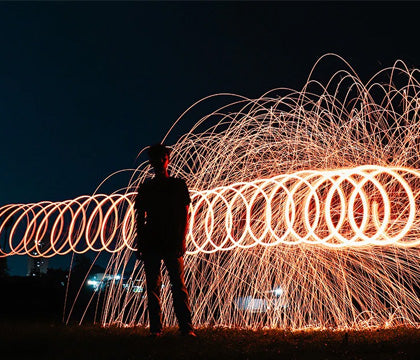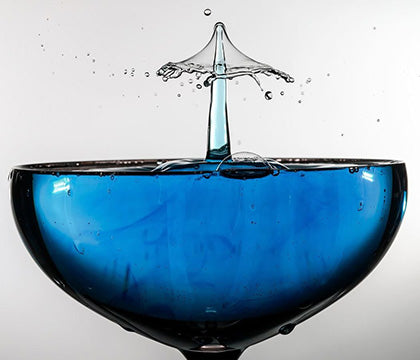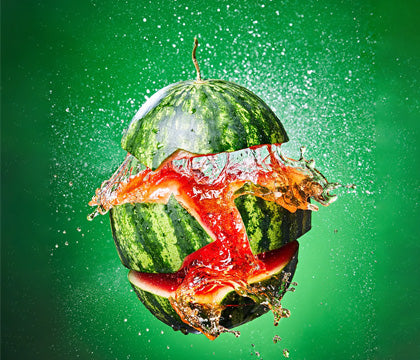Wildlife photography is among the most difficult photography genre. It required a lot of patience because finding the subject is not an easy task, and you often have to travel far to find them. You need to carry heavy gear, there is a little chance that you'll find a subject, if you do get lucky in finding a subject, there is still no guarantee that you'll get good shots. Sometimes they are out of camera range, sometimes they hide behind trees and bushes.

When it comes to bird photography, it's even more challenging than other animals that stay still or move slowly. Birds are almost always on the move. Animals have their territory, and wildlife guides can often find them using animal calls, but in the case of birds, this doesn't work. Finding a bird is pure luck as most of the time, they are moving at high speed or hide in trees. Once you find them, capturing an image of them is also very tricky. You need to move your camera at the same panning speed as the flying bird, focus and press the shutter release - something that requires a lot of practice.
Is there a way to take photos of birds easily? What if birds come in front of your camera on their own and your camera automatically takes the photo? You might be thinking about how this would be possible? Well, it is. Let's talk about creating a setup for automatic bird photography.

What you need:
First, you need a place where you can attract lots of birds. It could be your backyard or your front garden. You won’t find rare birds here but you can shoot common birds which is a good start.
Second, you need a bird feeder to attract birds. You need to do some research about the common birds in your area and what they like to eat. You have to set up your bird feeder accordingly. Set up the camera near the bird feeder - find a place where you have good light, and you can shoot your feathered friends with a clean background.

We’ll set up the camera near bird feeder so find a place where you have good light and you can shoot your feathered friends with a clean background.
Now let’s talk about gadgets. Obviously, you need a camera and a lens. You also need a trigger like MIOPS Smart+ and laser pointer to take the pictures automatically. Other than these things, you need a tripod to fix the camera, trigger, and laser pointer.

Setup:
The basic idea is to place a laser and trigger on both sides of the bird's path. When the bird cuts the laser beam, the trigger will take the picture automatically.
If you want to take the front shot, place the camera directly above the feeder with a little down angle, and place your trigger and laser around 6 inches away from the feeder. If you plan on taking a side shot, place your camera on the side, and place the trigger and laser at the top and bottom of the feeder. The following image helps you understand the positioning of your gear.

Camera and trigger settings:
The first and the most important thing is to always shoot in RAW so you can bring details in post-processing. Set your camera to manual mode and set the aperture between f/2.8 and f/5.6. These values will give you a shallow depth of field and give you a clean blurred background making your subject stand out.
Now set the shutter speed to 1/1000 or 1/2000 seconds. Birds fly at high speeds, and to freeze their movement, we need a high shutter speed. Now set ISO to Auto so the camera itself selects the best value according to the light. If the light is constant, you can set the ISO you prefer.

Because we are shooting at very high shutter speed, your ISO may need to be high, which is why I am suggesting shooting in RAW. It's easier to remove noise and grain from RAW files than from jpeg files.
The last camera setting is the focus. You need to set your focus manually because the fast action won't give you time to focus every time. The best practice is to manually focus on the point where your laser beam is. I've shown the focus point as a red dot in the setup image.
Take impossible photos by turning your camera into a high-speed capture device!
MIOPS SMART+
Okay, let's talk about the MIOPS Smart+ settings. Set it to Laser mode, set the threshold to 90, delay to 0, frame to 1, and you are good to go. Now every time birds come between the laser and trigger, your camera will automatically take a picture.

Workflow:
Grab a comfy chair, enjoy the sun, sip fresh juice, and read your favorite book while your setup takes amazing photos for you. You should be at least 10-12 feet away from the setup and not wear bright colored clothes. Also, don't make fast movements as it may scare the birds.
If you have another camera, you can also use it to takes pictures from a different angle.

Things to remember:
>> Morning is usually the best time to shoot birds because it is when they are most active. Also, morning light - often called the golden hour light - is the best light for photography.
>> If you can't shoot in the morning, the evening is the second best time to shoot birds.
>> You may also use flash, but it's not a good idea because it scares the birds.
So let's take amazing shots and share them here too.
Related Article: 11 Tips for Stunning Wildlife Photograph
About the Author
Ramakant Sharda is an author, iOS App publisher, passionate photographer and a MIOPS Ambassador based in the beautiful “Pink City” of India, known as Jaipur. His work has been published in various magazines, newspapers, and blogs. He has published three Coffee Table Books, he writes about photography and also teaches photography in his workshops. Check out his website http://ClickManic.com to see the masterpieces created by him or download his free app for iPhone and iPad “30 Days to an Ace Photographer“.
Related Article: High Speed Photography Explore Site


